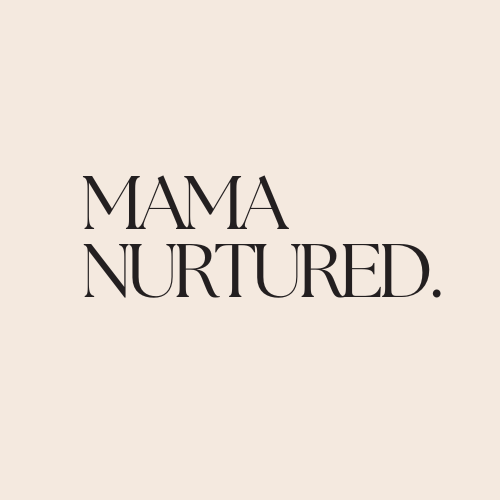Four essential nutrients every mum needs after giving birth
Your journey through pregnancy and childbirth has been an incredible feat, filled with countless milestones and cherished memories. Now, as you embark on this beautiful chapter of motherhood, it is crucial to prioritise your health and well-being like never before. After giving birth, your body undergoes significant changes, both physically and emotionally. It's during this transformative period that proper nutrition becomes absolutely crucial to nurture and support you through the early stages of motherhood. Taking care of yourself, both inside and out, will not only benefit you, but also enable you to provide the best care for your precious little one.
In this journal post, we will explore the four essential nutrients every mum needs after giving birth, and why they are so important.
Vitamin B12
Vitamin B12 is an essential nutrient that plays a vital role in the production of red blood cells and the functioning of your nervous system. Due to the blood loss during delivery, new mums are often at risk of developing iron-deficiency anemia, which can lead to fatigue and weakness. Vitamin B12 helps combat this by aiding in the production of healthy red blood cells. Additionally, this nutrient supports your energy levels, mood, and even promotes the healthy development of your baby's nervous system if you're breastfeeding.
To ensure you're getting enough vitamin B12, include sources such as eggs, dairy products, and lean meats in your diet. If you're following a plant-based diet, supplements can be taken to boost your intake of this important vitamin.
Iron
Another essential nutrient new mums need after childbirth is iron. Iron is responsible for carrying oxygen throughout your body and plays a significant role in preventing anemia. During pregnancy, your body's blood volume increases, and childbirth can cause significant blood loss. Replenishing iron stores is crucial to support your energy levels and overall well-being.
Incorporate iron-rich foods into your postnatal diet, such as lean meats, poultry, fish, dark leafy greens, lentils, and fortified cereals. Combining these foods with vitamin C sources, like citrus fruits or bell peppers, enhances iron absorption.
Chromium
Chromium is a mineral that aids in regulating blood sugar levels. After giving birth, fluctuations in hormones and the demands of caring for a newborn can sometimes lead to imbalanced blood sugar levels. Ever get those sugar cravings? Including chromium in your diet can help maintain stable blood sugar levels and provide you with sustained energy throughout the day.
To increase your chromium intake, consume foods like broccoli, whole grains, green beans, and nuts. These foods will not only provide you with this essential mineral but also offer an array of other valuable nutrients.
Omega 3 Fatty Acids
Omega-3 fatty acids are renowned for their numerous health benefits, and they are especially important for new mums. These essential fats support brain development, promote a healthy immune system, and even aid in reducing the risk of postpartum depression. If you're breastfeeding, omega-3 fatty acids are crucial for your baby's brain and visual development.
Include fatty fish, such as salmon or sardines, walnuts, chia seeds, and flaxseeds in your diet to boost your omega-3 fatty acid intake. If fish is not a regular part of your diet, it can be necessary to take high-quality omega-3 supplements.
Remember, as a new mum, your body needs time to recover and replenish. Providing your body with the necessary nutrients will help in healing and restoring your energy levels, as well as aiding in milk production if you are breastfeeding.
If you are unsure about the specific nutrients your body needs after childbirth, why not consider booking a postnatal treatment where I offer tailored nutritional support? I will assess and test your individual needs and provide guidance on incorporating the right nutrients to promote optimal health and recovery. Taking care of your nutritional needs is an important aspect of postnatal self-care, allowing you to thrive as a new mother while ensuring the well-being of both you and your baby.





